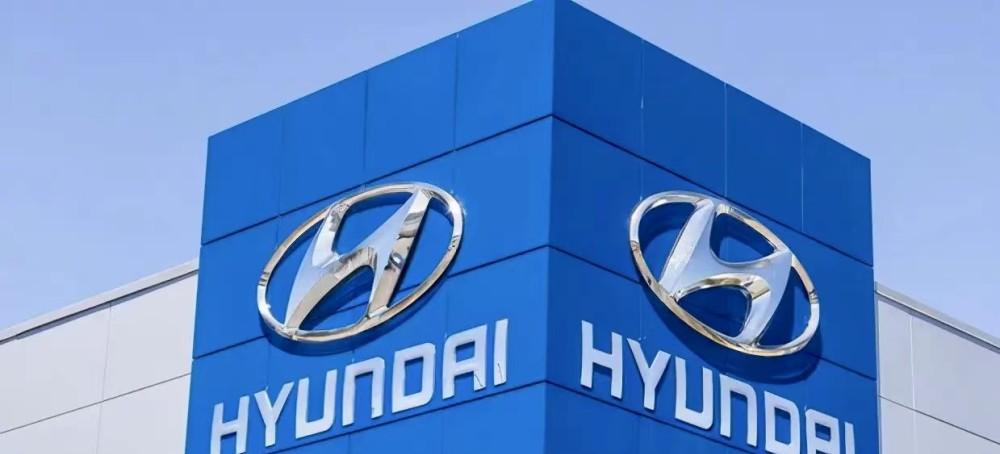On January 25, Hyundai Motor released its fourth quarter 2021 financial report, saying that due to the impact of the epidemic, the net profit in the fourth quarter of this year was 547 billion won (about 2.89 billion yuan), down nearly 50% from 1.1 trillion won (about 5.81 billion yuan) in the same period last year.
Its profit margin was reportedly well below the industry analysts' average of 1.5 trillion won, largely due to the impact of "rising raw material costs and one-time expenses related to employee bonuses."

Hyundai Motor said, "Next, the epidemic situation will gradually slow down, the problem of semiconductor shortages will be solved, and global automotive demand is expected to rebound." However, the efforts of various countries to boost the economy have been weakened, and the intensification of competition between enterprises has led to an increase in marketing costs and increased exchange rate volatility." As for the chip shortage, Hyundai Motor made a forecast, "It is expected that the impact of semiconductor out-of-stocks will continue into the first quarter of 2022, and the second quarter is expected to return to normal." ”
It is worth noting that Hyundai Motor also set a target of 4.323 million vehicles in 2022, of which 732,000 units were sold in South Korea and 3.591 million units overseas, respectively.
As one of the representative car companies of Korean cars in the Chinese market, Beijing Hyundai has also created a lot of performance, and in 2016, it was promoted to the club with annual sales of 1.14 million units, which was also known as a "giant car company" at that time. From the current situation, Beijing Hyundai's sales in China are still in a tepid stage, although they have not yet reached the peak state of that year. For modern vehicles, the transformation of electrification is imminent.
According to the data, since 2017, Beijing Hyundai's sales have begun to decline sharply, and after four consecutive declines in annual sales, Beijing Hyundai's sales in 2020 will only be 502,000 vehicles, which will fall out of the top fifteen in the sales ranking of car companies.
Beijing Hyundai's cumulative sales in 2021 were only 382,000 units, down 23% year-on-year. This is also the fifth decline in beijing hyundai's overall sales since 2017. Not only that, Beijing Hyundai's sales volume in 2021 has not reached the standard again, and the target completion rate is only 68%.
The annual sales volume has increased from more than one million to just over 300,000 at present; the market share has increased from more than 3% to just over 1% at present, and Beijing Hyundai has experienced a rapid decline in the past 5 years. In terms of profitability, the performance of Beijing Hyundai is not optimistic, and even fell to the point of "selling factories to survive". At the same time, Beijing Hyundai is also suffering from personnel turmoil. Today, Beijing Hyundai's performance in the domestic market can be described as a "mess".
Hyundai models are growing in sales and profit margins abroad, but weak and weak in the Chinese market.